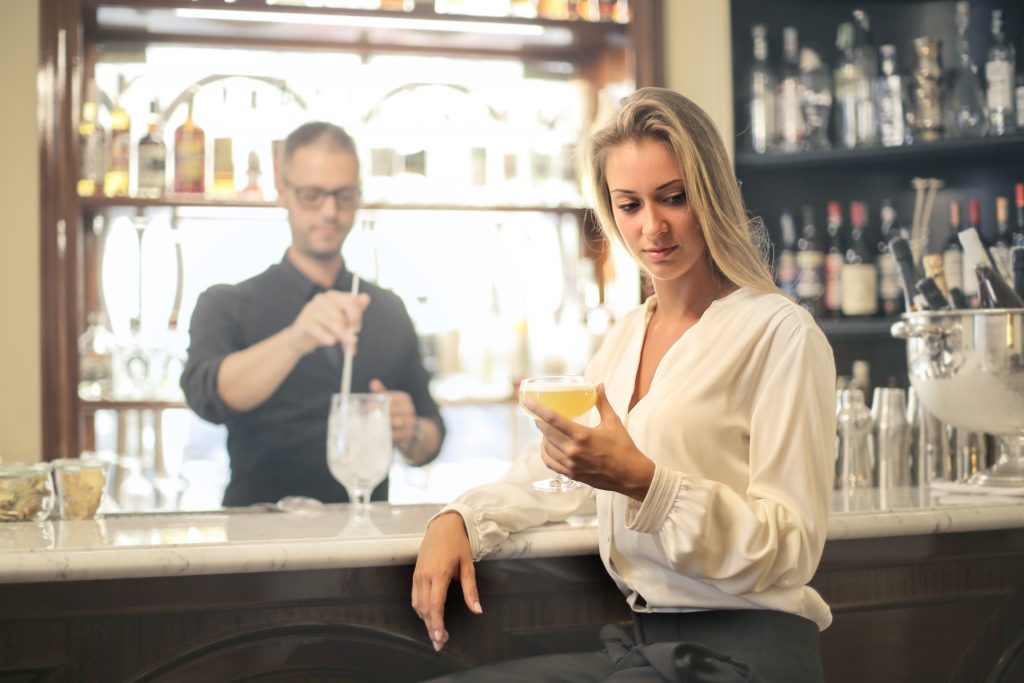To me, addiction means unhealthy reliance on someone or something for emotional regulation or relief from emotional pain with the resulting disempowerment of the individual and the increase in self-numbing.
And what makes reliance unhealthy? The degree of side effects of such reliance.
Remember: The more we numb, the less sensitive and alive we tend to feel.
If I’m relying on alcohol or porn or on my best friend in unhealthy ways, then I’m going to use these things/ people instead of strengthening myself by dealing with my pain and emotions directly from an empowered place.

Unhealthy reliance on someone leads to codependency/ addictive relationships.
Healthy relationships strengthen our inner autonomy while in addictive relationships, we give our power away to the other person thus disempowering ourselves. In addictive relationships, we tend to create child-adult type dynamics instead of relating as two adults.
Addiction is so pervasive that I am convinced we’re all addicts, all of us.
Some of the most pervasive addictions are socially encouraged such as addiction to keeping ourselves busy (addiction to doing) as well as our addiction to work, success, and status.
Another very pervasive addiction is to sex.
A lot of men might talk about how sexual they are and might feel some pride in how often they have sex (or feel like having sex) without realizing what they might actually be doing with their sexual energy – using it as a release valve for their pent up anger or anxiety.
When we work with our pain and emotions in healthy and skillful ways, our addictive tendencies begin to die off, simply because they are no longer needed.
Addiction/ unhealthy reliance is a poor attempt at self-regulation with potentially life threatening consequences. Even if we keep ourselves relatively healthy, addiction still keeps us distracted from the work we actually need to do on ourselves to live more fully and deeply.
Addiction means I’m hiding from life, regardless of how culturally or spiritually encouraged (such as being a “nice” person) my addiction might be.
Consider this: Worrying is often an addiction.
Why?

Because the more I worry, the more intense my fear becomes just like any addiction – it always intensifies. Worrying keeps us in our heads and accomplishes absolutely nothing. As we scan through worst case scenarios, we only find more of them in increasing intensity and pain.
Once we see the negative side effects of our narrow focus on something (such as worry), we begin to look more closely at what’s really happening in our system. In this example, the way forward is through getting to know our fear so well that it no longer turns into worry.
In the case of addictive relationships, substances, or porn, we can begin by paying attention to how we feel before and after we use. You might discover you only drink when you’re sad or feeling ashamed. This is great awareness and a huge step in getting off of the addiction!
The next step is to learn how to deal with that emotion or pain skillfully. This is where psychotherapy can be of big help. Within the healthy reliance you can build with a good psychotherapist, you can practice self-regulation skills and leave behind every type of addiction one by one, step by conscious step.
Life is a lot more interesting when we are more aware instead of less and when we feel more instead of numbing ourselves to our innate sensitivity.
Your aliveness awaits.



